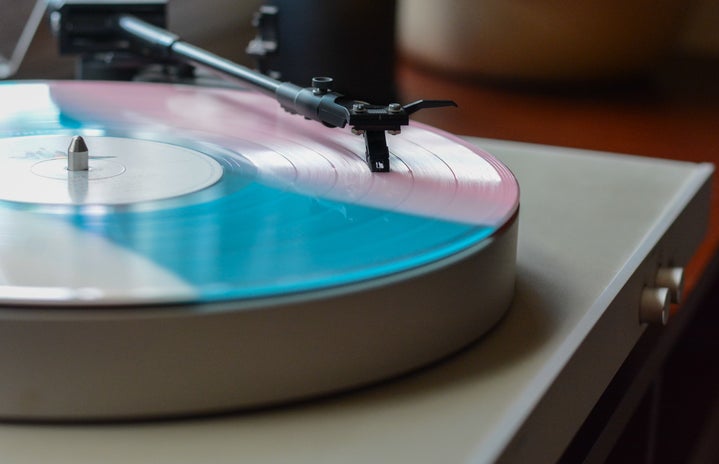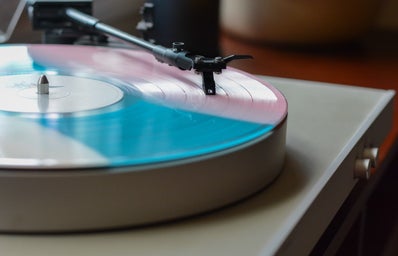Dua Lipa’s highly anticipated second album Future Nostalgia dropped on March 27 and has since received high praise.
Originally scheduled for April 3, 2020, the singer ended up pushing the release date a week earlier after the full album leaked online. “I hope it brings you some happiness, and I hope it makes you smile, and I hope it makes you dance. I hope I make you proud,” she said, teary-eyed, on an Instagram live stream.
Releasing an album in the middle of the COVID-19 pandemic is tough, given that artists cannot do much to push the album’s success. Promo tours and televised performances, for example, are out of the question. Fortunately for Lipa, this didn’t stop Future Nostalgia from doing well.
The album briefly became the highest-rated album ever on Metacritic after a near-perfect score of 99. The number has since dropped to 89 but still remains the highest-rated album of 2020 thus far.
Lipa is no stranger to success after her song “New Rules” became a hit, peaking at No. 6 on the Billboard Hot 100 chart and jump-starting her career. Her other hits include the Calvin Harris collaboration “One Kiss” and Grammy award-winning song “Electricity” with Silk City.
Lipa also won a Grammy for Best New Artist in 2019. Music fans often speculate that winning this award comes with a curse, as artists who win often struggle to achieve the same amount of success after their debut album or single. On top of this supposed curse, there is added pressure for artists releasing their second album as this is the one that determines whether their career will maintain longevity.
Future Nostalgia’s success proves that Lipa is an artist who is here to stay. Beating both the Best New Artist curse and second album pressure, Lipa finds her groove with this album. Her sound is innovative but familiar enough to capture audiences worldwide.
Lipa makes her intentions clear on the title track and album opener singing “You want a timeless song / I want to change the game.”
Future Nostalgia borrows from classic hits from the 1980s. This sound can be heard throughout the album but most prominently in the hit “Don’t Start Now” and title track “Future Nostalgia.”
The album’s charm is that it brings a modern twist to disco. “Love Again” is reminiscent of the ABBA hit “Gimme! Gimme! Gimmie! (A Man After Midnight)” but its production keeps the sound up-to-speed with pop songs of today.
Future Nostalgia is deeper than just an album of fun pop songs. Lipa’s feminist statement is heard loud and clear on the album closer “Boys Will Be Boys.”
In an interview with Variety, Lipa talked about why she felt like this song was important for her to release. “I wanted it to be a conversation starter about these growing pains that we go through – how we alter ourselves in order to fit somebody else’s lifestyle,” she says. “We should be teaching boys to treat girls equally, but it’s been ingrained enough in us since we were kids, that boys will be boys, and that needs to stop at a certain point.”
Another thing that captured the attention of fans was Lipa’s commitment to the image of Future Nostalgia. Lipa dyed her hair blonde with her brown roots still showing underneath, perfectly emulating the mix of future and nostalgia. All her single covers and album visuals have also played into what seems to be a series of oxymorons, prompting fans to compare Lipa to Katy Perry circa the Teenage Dream era.
Lipa’s ability to reinvent her sound and look indicates that she has the makings of a promising pop star. She is working hard to keep her name in the running as future pop princess and this album only adds to her credibility. Her fresh sound sets her apart from her peers, giving her a unique appeal.
With an album as fun and critically acclaimed as Future Nostalgia only being her second album, Lipa shows the potential to become an even bigger success. Whether she will stick with this sound moving forward or reinvent her sound again is too soon to tell, but regardless she’s proved that she is capable of changing the game.



